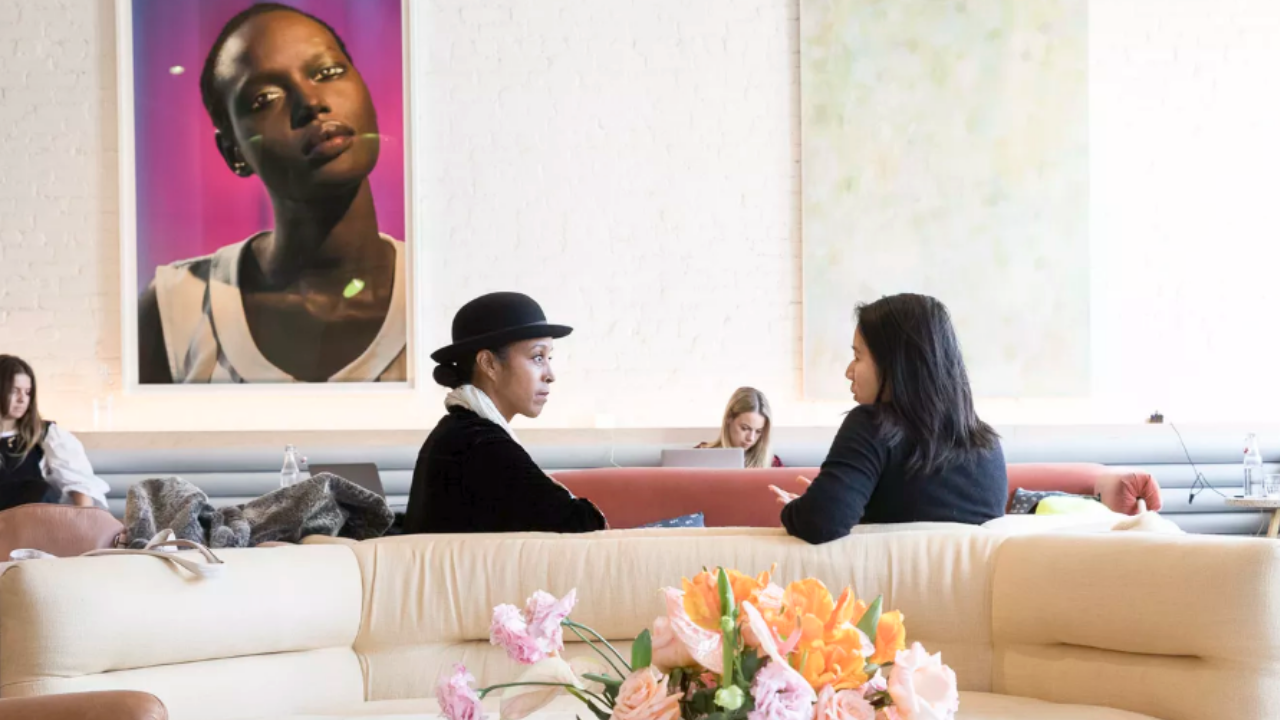The Wing is a professional community that is laden in female empowerment throughout their offices. With five locations throughout New York City, Washington D.C. and San Francisco, it has established itself as a “safe, affirming professional network,” according to co-founder Audrey Gelman.
After the 2016 presidential election, Gelman said that “things got so dark, and women were locking arms with one another in ways that they never had before.” As a result, women needed “spaces where they could come together … to advance whatever professional goals that they had, but also to feel that there was an alternative from what they were experiencing in the world.”
Recently, the company raised $75 million in a series C funding round led by Sequoia Capital and Upfront Ventures.
As the company expands, it has come at the center of many debates concerning gender, power and corporate feminism.
The Wing is intended to mimic the women’s club movements of the 19th and 20th centuries that were created in response to being banned from men’s institutions and voting.
The debate about the coworking space came from the start, such as its exclusive membership that potentially leaves out those who could use the space the most, including low-income and women of color clients.
“Women of color are more likely to occupy low paying or working poor jobs,” wrote critic Kaitlyn Borysiewicz, meaning they are more unlikely to be able to afford The Wing’s membership fee.
The Wing offers two-year scholarships for those who are underrepresented within its offices and can’t afford the membership.
Some critics also say that The Wing is adopting language and iconography of feminism to make a profit, but Gelman and co-founder Lauren Kassan do not claim the company as feminist.
Members have pointed out that The Wing is more affordable than its counterparts and, at the very least, make an attempt to cater to women’s needs as opposed to other major operators such as WeWork.
Still, some are concerned about intertwining feminist ideas with corporate interests as it causes marginalized communities to continue to be put on the back burner under a progressive disguise.
















